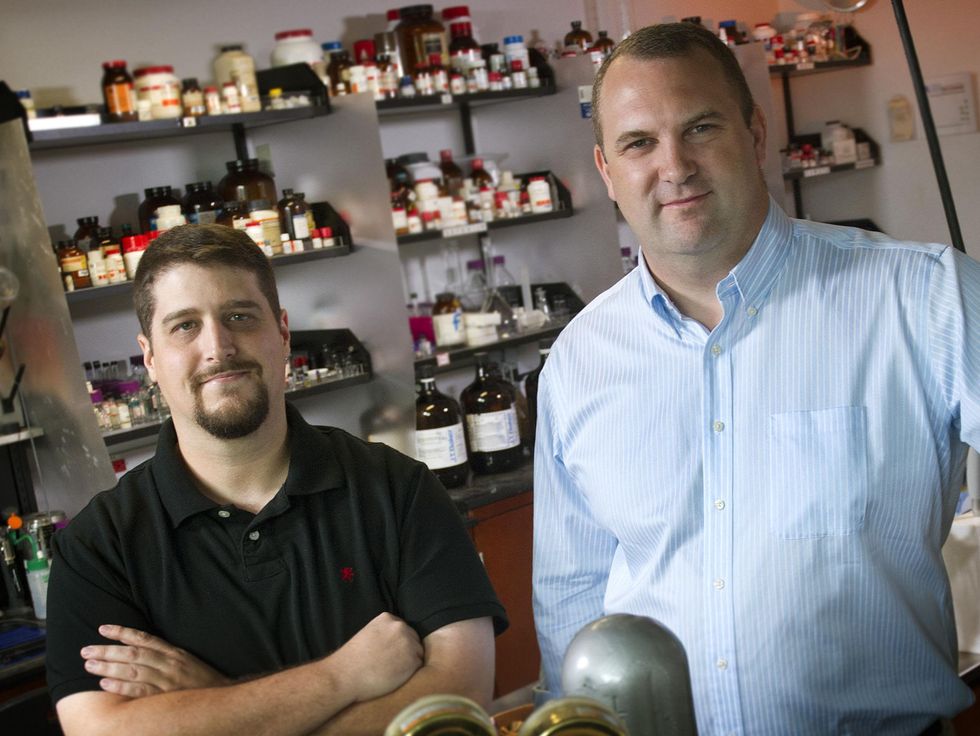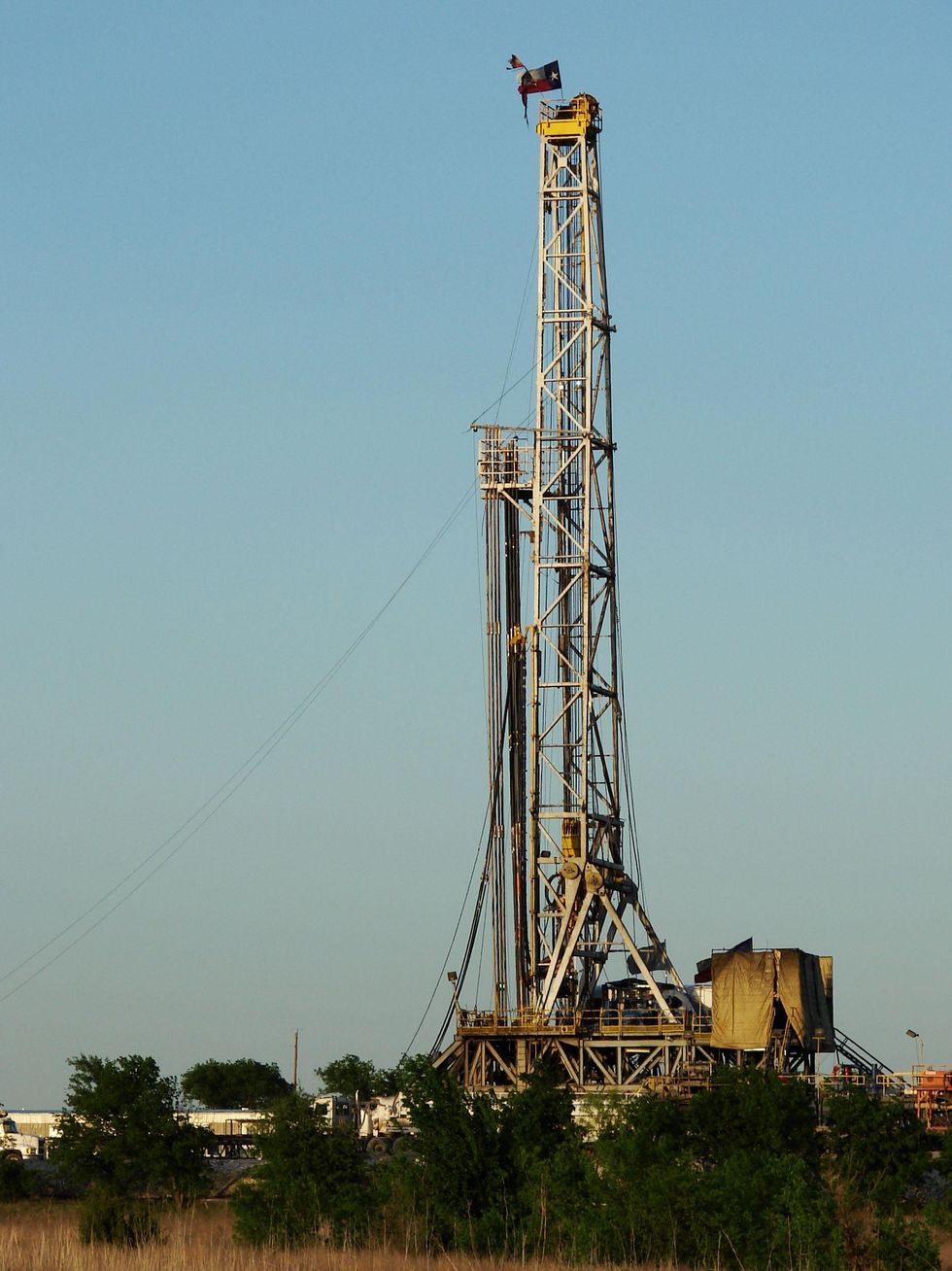Muddy Waters
UT Arlington scientists discover dirty water near natural gas drilling sites
Scientists at the University of Texas at Arlington, led by associate professor of chemistry and biochemistry Kevin Schug, recently published a new study of water wells near the Barnett Shale that finds elevated levels of pollution around natural gas extraction sites.
The paper, published in the Environmental Science and Technology journal on July 25, examined 100 water wells in or near the Barnett Shale and focused on the presence of metals such as barium, arsenic, selenium and strontium.
Although these heavy metals are known to appear naturally in low levels in groundwater, the study found that there were higher levels, including some above recommended concentrations, closer to extraction sites. However, the study does not draw any connections between drilling and side effects such as accidents or water removal and higher levels of chemicals.
During the summer and fall of 2011, researchers collected water samples from wells near the Barnett Shale, including 91 from "active" areas within five kilometers of a gas well. The remaining nine came from outside the Shale or at least 14 kilometers from a site.
These results were compared against historical date from 1989-1999 from the Texas Water Development Board groundwater database.
The highest levels of contaminants were found within three kilometers of natural gas wells, including 29 wells with levels of arsenic higher than considered safe by the Environmental Protection Agency.
Samples from areas outside the Barnett Shale or active drilling sites showed lower levels for most metals, according to the report. However, the report notes that the levels within the active areas did not show uniformity in contamination, and some were not associated with higher levels of the metal at all.
In a statement, lead author Brian Fontenot said the results were strong enough to warrant further research.
“We expect this to be the first of multiple projects that will ultimately help the scientific community, the natural gas industry and, most important, the public, understand the effects of natural gas drilling on water quality,” he said.


